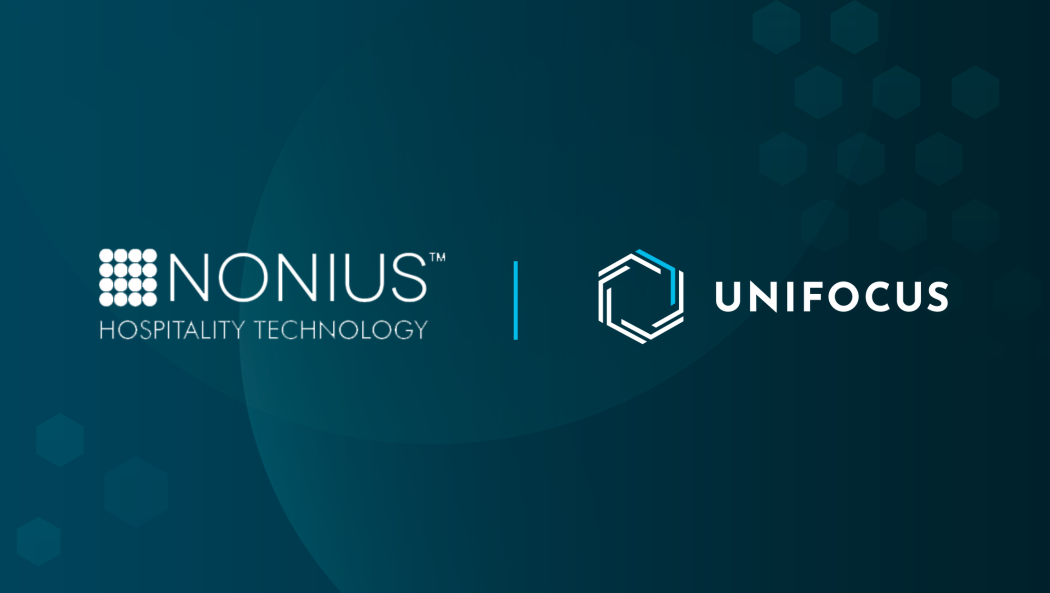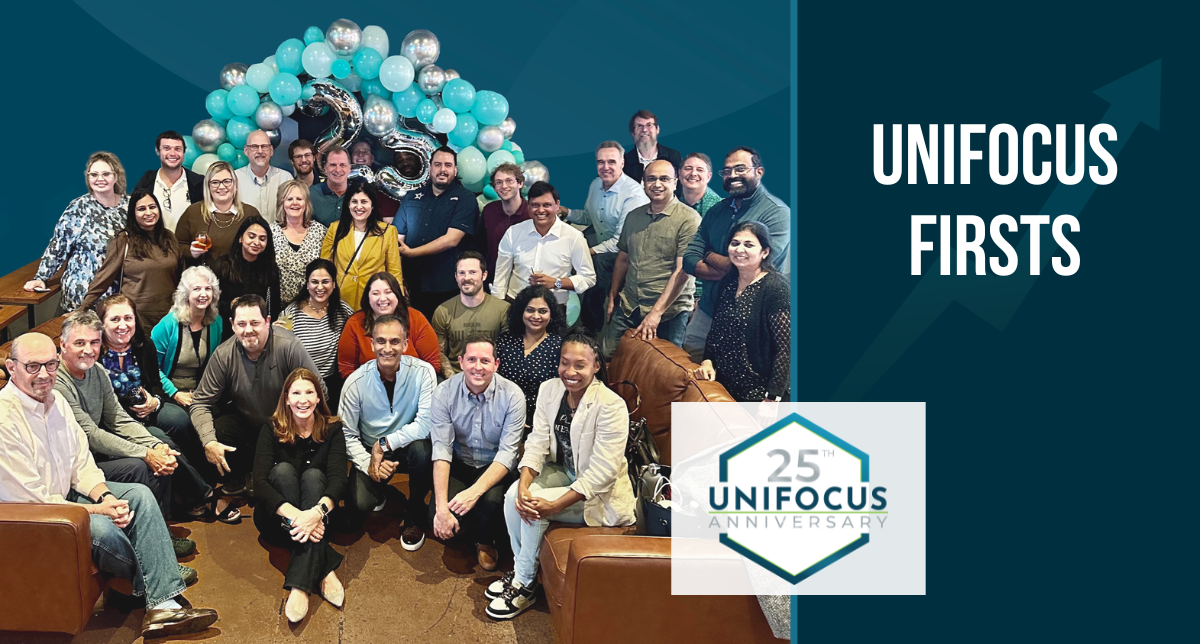October 2016 – Published in Human Resource Executive Online – Real-time scheduling wouldn't be necessary if employers could predict workload well in advance. That's what some HR technology vendors hope to do.
One company – UniFocus, based in Carrollton, Texas – offers an analytic software product called LMS Scheduling that it says can help create smarter schedules.
"Most companies use an Excel spreadsheet of past staffing requirement and to replicate the same schedule week after week," says CEO Mark Heymann. "That doesn't take into account that each week might be different."
The software uses data including season, time of day, and, importantly, what events (such as concerts) are scheduled for that area. It then predicts how many workers will be needed and when. The result, Heymann says, "may not be perfect. But it's a lot better than the seat-of-the-pants scheduling that many companies depend on." The longer the software is used, he adds, the better it becomes at making predictions about customer traffic based on external events.
Hotel Del Coronado in San Diego uses UniFocus software to create schedules for all hourly workers. Andre Zotoff, the hotel's general manager, says the data-driven approach eliminates the need for frantic reactive swings in staffing. "Without a product like this, a manager who ends up with too few or too many staff will try to compensate by over- or under-staffing next week. With UniFocus, if we make a mistake, we sit down and figure out what new data we should enter into the system, and the result is a much more rational schedule."
He adds that, while he has no specific figures, this approach greatly reduces the need to call people in at the last minute or send people home early.









